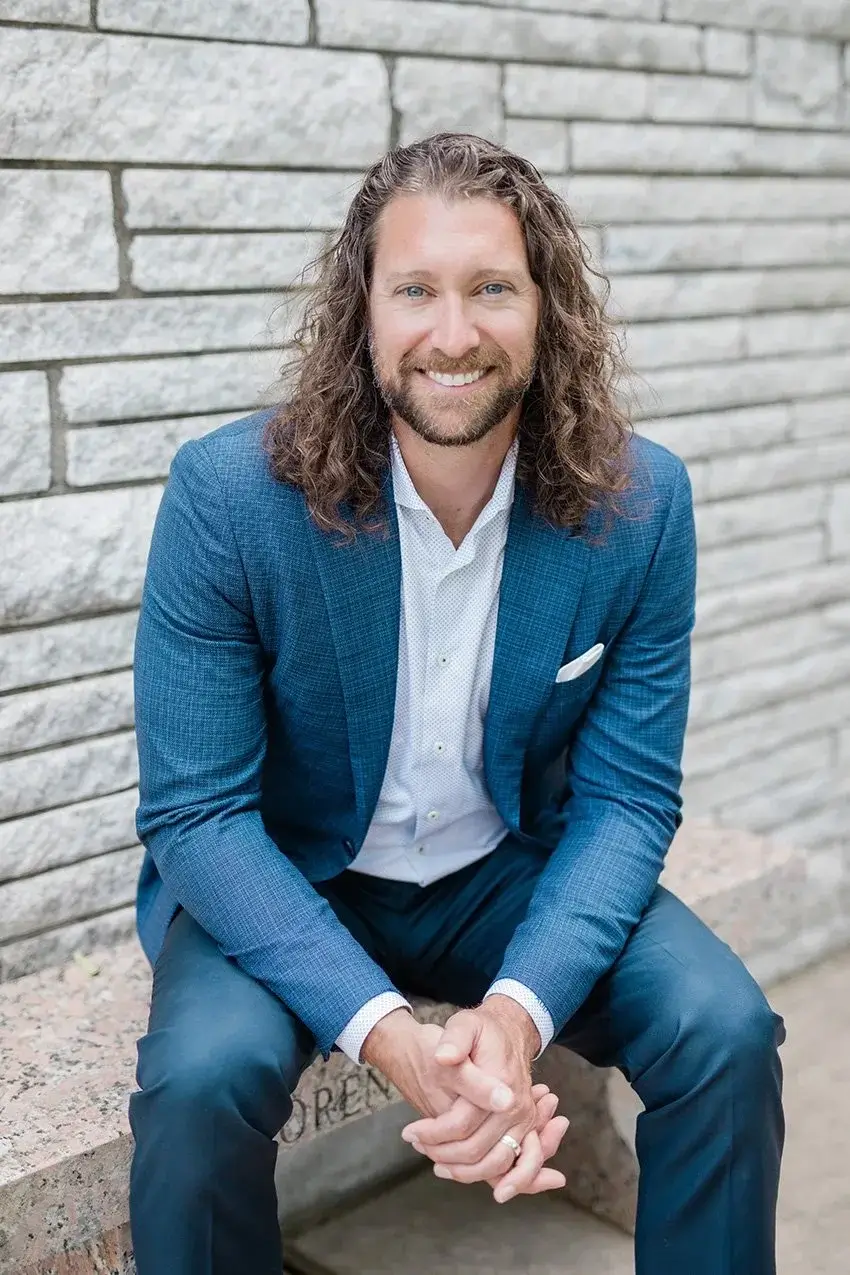Returning to school following addiction treatment can be jarring. Certainly, you are a different person than you were upon entering treatment, but your peers might not understand this, and that can be intimidating. However, with the right support in place, returning to school doesn’t have to be such a scary thought. View it as a fresh start towards achieving your goals, improving your academic performance, and the opportunity to meet new people.
Here’s what you can do to go back to school with confidence:
Address Your Fears
Addiction causes people to act and behave in ways that damage themselves and others. It could cause you to hang around the wrong people, experience traumatic situations, and it can cause you to lose focus on your academic goals. Certainly, admitting you have a substance use disorder takes courage. Doing so could make you feel like an outsider; it could also make you feel like you betrayed the peers that used substances with you.
There is no shame in admitting you are a little fearful of returning to school. Try to think about all the hard work you put into returning to everyday life. Think about how life is better now that you are sober, and think about how you are no longer the person you were when you used substances.
The beautiful part of graduating from recovery is that you have the chance to start fresh, and sometimes adjusting back to every day takes a little planning.
Have an Aftercare Plan
After your recovery program graduation, you still have options for aftercare programs to support your transition back into the real world. Aftercare provides a plan for what to do after treatment to maintain sobriety and prevent relapse. You and your therapist can work together to create an aftercare plan. The plan can include:
- A list of people to contact that can help you after treatment, including family, friends, professionals, and peers
- Coping strategies you can use to face cravings
- Programs you can participate in that offer continuing care
Staying successful in school will be an important part of your aftercare plan, too. You and your therapist should incorporate into your plan resources and strategies that will help support you academically. Some of these resources and strategies might include:
- Having a list of your school’s guidance counselors and health service providers
- Creating a mental health team specific to your needs
- Meeting with your therapist regularly to talk about your triggers and how to avoid them
- Having a relapse prevention plan
- Finding local support through community support groups or other activities
Recovery Continues After Treatment
Returning to school is just a new step in your recovery process. It may feel like you are stepping back into an environment that will lead to drug use. However, after treatment, you will look at school with a new perspective. The first step to returning could include speaking with your teachers to restore your relationship with them. Ask about what you need to do to catch up with assignments?
The lifestyle change required after treatment also includes making adjustments at school. It’s time to have those hard conversations with old friends about who you are now that you are sober. You may have to consider ending the friendship so you can focus on recovery.
Alternatively, you can form new friendships that aren’t potential triggers for relapse that support your sobriety. Finally, once you get acclimated into school and balance your new sober lifestyle, don’t be afraid to get involved in new hobbies or sports.
Create A Routine
After leaving treatment, everyday life might feel foreign to you. Creating a routine to help you get back into the swing of things can help the transition feel less overwhelming. Classes typically start around the same time every day, so go ahead and set your schedule around this. A schedule will help you plan what to do with your time before and after class. Consider the things you do in the morning that can help you start your days off on a positive note.
After school, take time to time study and practice self-care. While taking care of your responsibilities should be a priority, making sure you are nourishing your mental and physical needs, too. After you study, get into the routine of doing something nice for yourself that helps you relax, such as reading, taking a hot bath, or exercising. Remember, stress can be one of the biggest triggers for relapse, so having self-care options can help prevent that.
Returning to school can be a rewarding experience when you have the right tools to help you succeed. Before you go back, dedicate some time with your mental health professionals and treatment staff towards making an aftercare plan. Don’t be afraid to reach out and lean on the people who have supported you during your recovery. They still want to see you succeed even after completing intensive treatment. At Clearfork Academy, we recognize the importance and challenges of returning to school following recovery. Our program combines a structured therapeutic atmosphere with the academic lifestyle necessary for teen development. We also partner with the University of Texas Charter School to offer classes that allow teens who manage sobriety to maintain school work. If your child struggles to manage sobriety and academics, get help today. To learn more about our programs and how they can meet your teen’s needs, reach out to Call Clearfork Academy by calling (817) 259-2597.

Originally from the Saginaw, Eagle Mountain area, Austin Davis earned a Bachelor of Science in Pastoral Ministry from Lee University in Cleveland, TN and a Master of Arts in Counseling from The Church of God Theological Seminary. He then went on to become a Licensed Professional Counselor-Supervisor in the State of Texas.
Austin’s professional history includes both local church ministry and clinical counseling. At a young age, he began serving youth at the local church in various capacities which led to clinical training and education. Austin gained a vast knowledge of mental health disorders while working in state and public mental health hospitals. This is where he was exposed to almost every type of diagnosis and carries this experience into the daily treatment.
Austin’s longtime passion is Clearfork Academy, a christ-centered residential facility focused on mental health and substance abuse. He finds joy and fulfillment working with “difficult” clients that challenge his heart and clinical skill set. It is his hope and desire that each resident that passes through Clearfork Academy will be one step closer to their created design.
Austin’s greatest pleasures in life are being a husband to his wife, and a father to his growing children. He serves at his local church by playing guitar, speaking and helping with tech arts. Austin also enjoys being physically active, reading, woodworking, and music.




